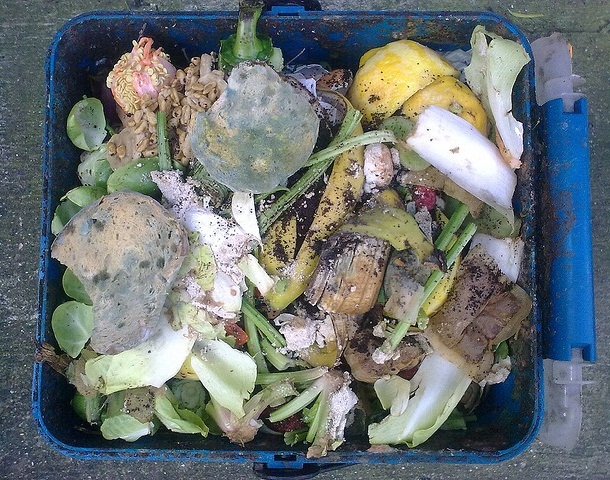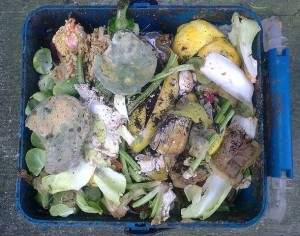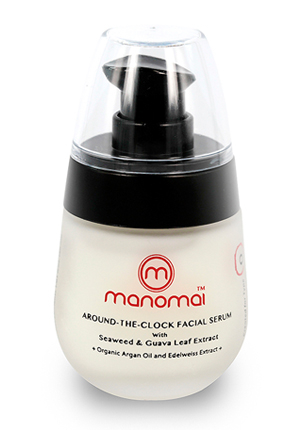Tesco reveals its food wastage to be almost 30,000 tonnes in six months

Retail giant Tesco wasted 28,500 tonnes of food in the first six months of this year, according to figures published by the company this week.

Food waste by Tesco has come to almost 30,000 tonnes so far this year already. Photo: Nick Saltmarsh
The data appears in a document entitled Tesco and Society: Using Our Scale for Good, in which the company sets out proposals to “have a positive impact on wider society” by reducing food waste, improving health and creating new opportunities for young people.
By compiling data on the top 25 most popular products for sale in Tesco stores, the document reveals that 68% of bagged salads, 47% of bakery goods and 40% of apples are wasted.
Using their own data, along with figures published by the United Nations Food and Agriculture Organisation (UNFAO) and the Waste and Resource Action Programme (Wrap), Tesco highlights the fact that the problem of food waste is not restricted to supermarkets alone.
The report claims that, in comparison to total food waste along the supply chain, Tesco’s own food waste is small. 16% of total supply chain waste occurs at the agriculture and supply stage, while a further 16% is produced by the consumer. Less than 1% of this wastage in the UK is down to Tesco, according to the document.
“We’ve all got a responsibility to tackle food waste and there is no quick-fix single solution. Little changes can make a big difference, like storing fruit and vegetables in the right way,” said Matt Simister, Tesco’s commercial director of group food. “We’ll be reviewing what else we can do. We’re working with our suppliers to try to cut waste at all stages of the journey from farm to fork,” he continued.
The report sets out a number of recommendations for ways in which the company can cut down its food waste. Suggestions include trialling new longer life grapes, developing promotions for smaller bags of salad and introducing a Love Banana campaign for training staff on how to handle bananas with care.
“Ending multi-buy promotions on large packs of bagged salads is one way we can help, but this is just the start and we’ll be reviewing what else we can do,” said Simister.
Michael Hegarty























Facebook
Twitter
Instagram
YouTube
RSS